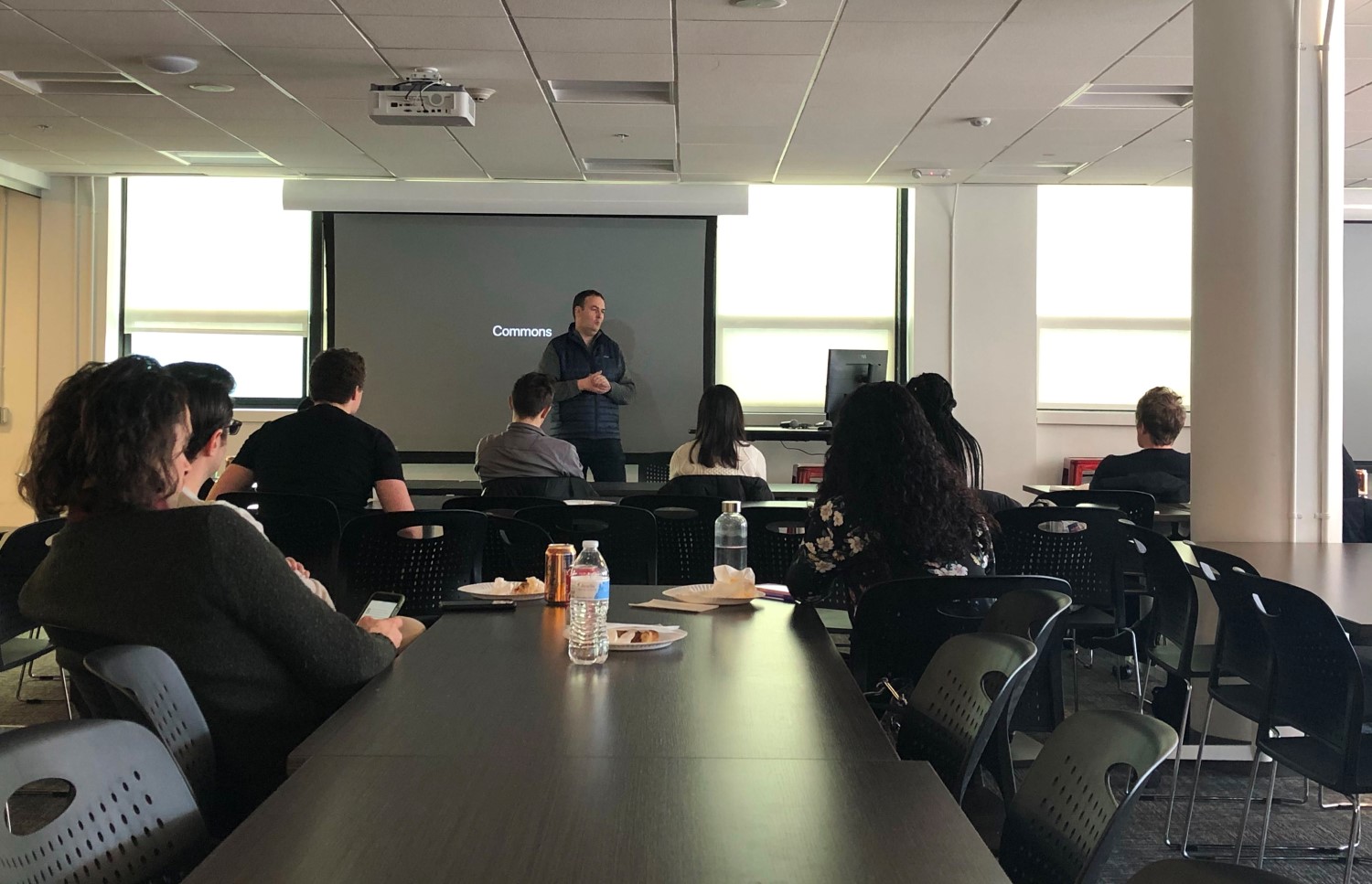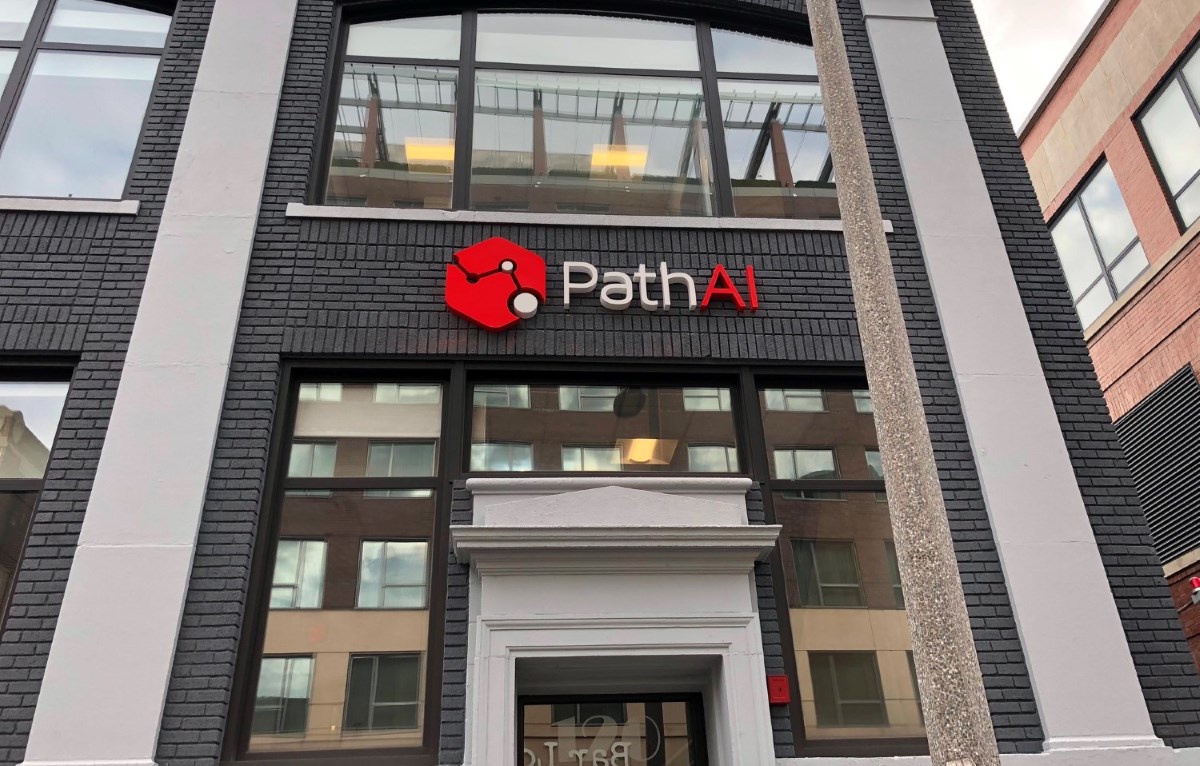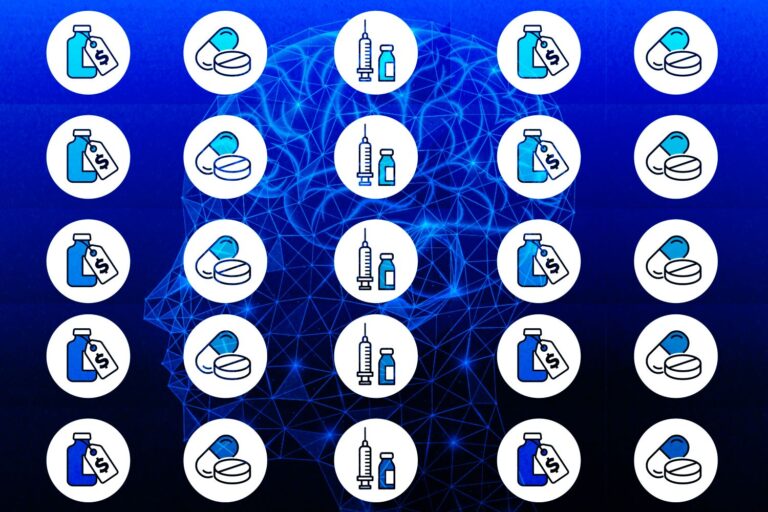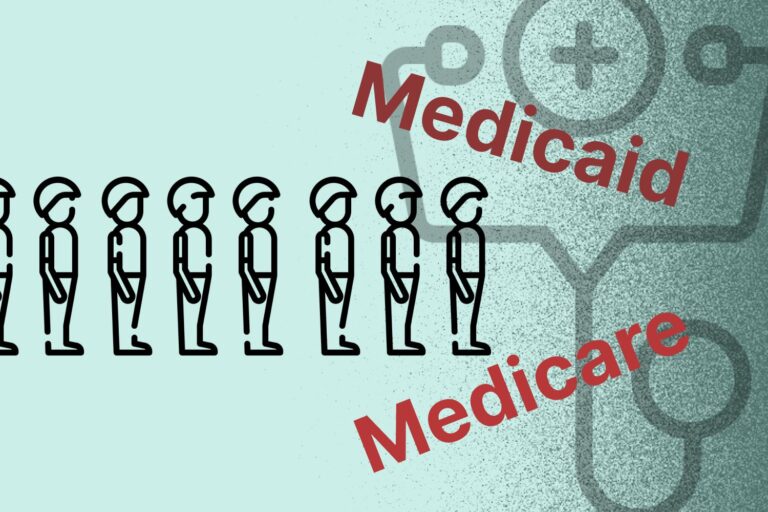Paving the Road to Better Pathology: PathAI & Hidden Gems on Its Growth Path
Staying up-to-date with emerging technologies is more than pivotal for CEOs because it allows them to identify new opportunities and stay ahead of the competition. As technology continues to advance at a rapid pace, companies that fail to embrace new technologies risk falling behind or becoming obsolete. By staying abreast of emerging technologies and exploring new ways of solving complex problems, CEOs can position their companies for long-term success.
In the case of PathAI, the founders, Dr. Andrew Beck and Dr. Aditya Kho, recognized the potential of artificial intelligence and machine learning to transform the field of cancer diagnosis and treatment.
Since its founding in 2016, PathAI has grown rapidly, expanding its capabilities to include the development of digital pathology software and other AI-based tools for healthcare providers and researchers. The company has formed partnerships with leading pharmaceutical behemoth to help accelerate the development of new cancer treatments. Let’s explore groundbreaking advancements of PathAI in the realm of cancer diagnosis and treatment.
AI-Based Diagnostic Tools and Partnerships That Revolutionize Cancer Treatment
“I knew the future was going to involve a lot of data-rich pathology. There’s so much new technology to generate lots of data. There’s also imaging methods, molecular methods, and there’s more and more types of data. So, you need machine learning to make sense of it.” – PathAI’s CEO Dr. Andy Beck stated.
Indeed, artificial intelligence and machine learning have the potential to revolutionize the way cancer is diagnosed and treated, and the founders of PathAI recognized this early on. AI algorithms can be trained on large datasets of annotated tissue samples, allowing them to accurately and efficiently identify cancerous cells with a high degree of accuracy. This has the potential to significantly improve the speed and accuracy of cancer diagnosis, leading to better patient outcomes.
One of the key advantages of AI-based diagnostic tools is their ability to analyze large amounts of data quickly and accurately. Traditional methods of cancer diagnosis, such as manual analysis of tissue samples under a microscope, can be time-consuming and prone to errors. In contrast, AI-based tools can analyze digital images of tissue samples in a matter of seconds, providing pathologists with real-time results that can be used to guide treatment decisions.
Additionally, the founders of PathAI saw an opportunity to leverage AI to address other challenges in healthcare, such as drug development and personalized medicine. By leveraging AI to analyze large amounts of medical data, PathAI aims to help healthcare providers and researchers identify new treatments and develop more targeted and personalized therapies.

Besides, partnership counts in this scene. The partnership between PathAI and Bristol Myers Squibb (BMS) in 2019 is a prime example of how collaboration between AI startups and pharmaceutical companies can lead to the development of more effective cancer treatments.
“We believe that leveraging AI and machine learning in drug discovery and development has the potential to significantly accelerate the development of new cancer therapies. By partnering with PathAI, we hope to identify new drug targets and develop more personalized treatments for patients.” – BMS’s Chief Scientific Officer, Thomas Lynch Jr., M.D.
Similarly, in a statement to Business Wire, Carl Decicco, PhD, Senior Vice President and Head of Discovery, R&D at BMS, commented: “We believe that applying artificial intelligence to tissue pathology will significantly accelerate the development of cancer immunotherapies and ultimately lead to improved patient outcomes.”
Another example is PathAI’s collaboration with Novartis to develop AI-based tools for drug discovery and development. In 2020, the machine learning-based cancer diagnostics firm announced a collaboration with Novartis to adopt its AI platform to analyze digital images of tissue samples from clinical trials. The goal was to use AI to identify biomarkers that could be used to predict patient responses to new cancer treatments.
“Our mission at PathAI is to use AI and machine learning to transform the way diseases like cancer are diagnosed and treated, and this collaboration with Novartis is a significant step towards that goal,” shared Dr. Andy Beck when speaking of the collaboration with Novartis. “We look forward to working closely with Novartis to develop new AI-based tools and technologies that will help improve patient outcomes and accelerate the pace of drug development.”
The supernova’s focus on pharmaceutical partnership is once again highlighted in 2021 when PathAI announced a collaboration with Philips to develop AI-based tools for the diagnosis of prostate cancer. In a press release announcing the partnership, Philips stated that it would leverage PathAI’s technology to develop new AI algorithms for analyzing digital images of prostate tissue samples.
The fact that PathAI has established partnerships with several leading pharmaceutical companies and has raised over $255.2 million in funding to date speaks to the company’s success in developing and commercializing its technology. These partnerships have allowed PathAI to access large datasets of medical information and collaborate with leading experts in the field of oncology, which has in turn allowed the company to refine its AI-based technologies.
Additionally, the machine learning-based cancer diagnostics firm has secured significant funding, emphasizing the potential value of its technology and the confidence that investors have in the company’s future success. This funding has enabled PathAI to continue investing in research and development, expanding its team, and scaling its operations.
According to data from Crunchbase, the company’s most recent funding round, which was announced in May 2021, raised $165 million and was led by D1 Capital Partners. Other investors in the round included General Catalyst, General Atlantic, and a number of other venture capital firms.
Dan Sundheim, Founder and Chief Investment Officer of D1 Capital Partners, commented: “PathAI is driving a revolution in healthcare with its novel use of AI in pathology, drug development and patient care. We are thrilled to partner with the team as they continue to advance the frontiers of medical innovation.”
Customer-Centric Approach That Counts to Human Life
To be more specific, PathAI saves lives by providing AI-based tools and technologies for the diagnosis of cancer and the development of new cancer treatments. The company’s technology can analyze large amounts of medical data, including digital images of tissue samples, to identify biomarkers and other patterns that may be indicative of cancer or other diseases.
“By using AI and machine learning to analyze large amounts of data, we are able to identify new biomarkers and develop more targeted therapies that have the potential to improve patient outcomes. We are excited to be working with PathAI to advance the frontiers of medical innovation and accelerate the development of new cancer treatments.” – GlaxoSmithKline’s Chief Scientific Officer, Dr. Hal Barron, commented on the partnership with PathAI.

In the context of cancer diagnosis, PathAI’s technology can be deployed to analyze tissue samples and provide pathologists with real-time results that can help guide treatment decisions. This can lead to more accurate and efficient diagnosis of cancer, which can ultimately lead to better patient outcomes.
In the context of drug development, PathAI’s technology can be adopted to analyze large datasets of genomic and clinical data to identify new drug targets and predict patient responses to treatment. This can help pharmaceutical companies develop more effective cancer treatments and personalized therapies that are tailored to the needs of individual patients.
Notably, according to the Journal of the American Medical Association’s study, researchers from Harvard Medical School, Massachusetts General Hospital, and PathAI, analyzed over 26,000 breast tissue slides from nearly 5,000 patients and compared the accuracy of PathAI’s AI-based system to traditional methods of diagnosing breast cancer.
It can be found that PathAI’s system was able to accurately identify breast cancer with a higher level of accuracy than traditional methods. Specifically, PathAI’s system achieved an accuracy rate of 96.4%, compared to an accuracy rate of 93.5% for traditional methods.
Moreover, PathAI’s system was able to analyze the tissue samples more quickly than traditional methods, with an average processing time of 11.3 minutes per slide compared to 36.4 minutes for traditional methods.
“We’re excited to see our technology being used to help improve the accuracy and speed of cancer diagnosis,” as Dr. Andy Beck commented on the study.
Besides, it’s worth noting that customer centricity always stays true to this health tech’s operational approach.
In order to better understand customer needs and gather feedback on its products, PathAI has engaged in a number of activities designed to promote customer engagement and collaboration. These activities include regular meetings with pathology labs, healthcare organizations, and pharmaceutical companies to discuss customer needs and identify areas where PathAI’s technology can be used to improve patient outcomes.

“We work closely with our customers to understand their needs and build tools that help them do their work better. This has been a key factor in our success and has allowed us to develop a deep understanding of the challenges that our customers face.” – Andy Beck said.
The AI-based cancer diagnosis company regularly attends and presents at industry conferences and events, where the company has the opportunity to connect with customers and gather feedback on its products. For example, in 2019, PathAI presented at the American Society of Clinical Oncology (ASCO) Annual Meeting, where the company showcased its AI-based diagnostic tools and engaged with oncologists and other healthcare professionals.
Furthermore, by collaborating with customers, PathAI can develop a deeper understanding of the challenges they face in diagnosing and treating cancer, and can work to develop solutions that address these challenges. This customer-focused approach can help to build stronger relationships with customers and foster greater loyalty to the PathAI brand over time.
Ambitious Plans for Expansion and Challenges in a Competitive Market
The AI-based cancer diagnosis company had been recognized for its innovative approach to cancer diagnosis and treatment, receiving accolades such as being named to the Forbes AI 50 list of top artificial intelligence companies in 2021.
The company is poised for continued growth in the coming years, with plans to expand its product offerings and increase its presence in key markets such as the United States, Europe, and Asia.
In a 2020 interview with FierceBiotech, Dr. Andy Beck discussed the company’s plans for expansion. “We are really doubling down on our core capabilities in digital pathology and AI-based diagnostics, and we see an opportunity to expand our product offerings beyond breast cancer and into other cancer indications, such as lung and prostate cancer,” he shared. “We’re also planning to increase our presence in key markets such as the United States, Europe, and Asia.”
Whereas PathAI had achieved significant success in fundraising and partnerships, as previously mentioned, the company was still relatively young and faced significant challenges as it sought to grow and expand its market reach.
One of the key challenges coming up against PathAI was the need to scale its technology. While the company had developed innovative AI-based diagnostic tools for breast cancer detection, it would need to continue to invest in research and development in order to expand its offerings to other types of cancer and other disease areas.
From the interview with Dr. Andy Beck as published in FierceBiotech, he said: “The market is definitely competitive, but we think we’re differentiating ourselves through our focus on accuracy and clinical validity. We also have partnerships with major pharmaceutical companies like Bristol-Myers Squibb and Novartis that help us validate our work and accelerate the development of new drugs and treatments.”
Moreover, the AI-based cancer diagnosis company would need to develop its infrastructure and capacity to support the increased demand for its products and services. This could include investing in talent acquisition and training, as well as building out its sales and marketing teams to increase its market presence.

In a 2021 press release announcing a $165 million Series C funding round, PathAI’s CEO Dr. Andy Beck stated that: “We will use this funding to invest in talent, infrastructure, and product development to meet the growing demand for our services. We are grateful to our new and existing investors for their support and confidence in PathAI’s ability to make a meaningful impact on the lives of patients around the world.”
Furthermore, PathAI would need to continue to demonstrate the clinical validity and value of its products and services to potential customers and investors. This would require ongoing investment in clinical studies and research, as well as ongoing engagement with healthcare providers and other stakeholders to understand their needs and gather feedback on the company’s products.
“We are very focused on clinical validation and value. We are investing a lot in clinical studies and research to demonstrate the accuracy and effectiveness of our products and services, and we are also engaging with healthcare providers and other stakeholders to gather feedback on our offerings.” – Andy Beck said.
Bottom Lines
PathAI’s success in developing and commercializing AI-based technologies for cancer diagnosis and treatment provides valuable lessons for other businesses. One key takeaway is the importance of staying current with emerging technologies and exploring new ways of solving complex problems. By doing so, companies can position themselves for long-term success and stay ahead of the competition.
Another lesson is the value of a customer-centric approach, where businesses engage with customers to better understand their needs and gather feedback on their products. This can lead to stronger relationships with customers, foster greater loyalty to the brand, and help businesses to develop solutions that address real-world challenges.
Looking ahead, PathAI’s continued investment in research and development, infrastructure, and product development is likely to support the company’s growth and expansion trajectory. As the adoption of AI and machine learning continues to redefine healthcare sphere, PathAI’s innovative approach to cancer diagnosis and treatment is likely to remain at the forefront of this revolution.









